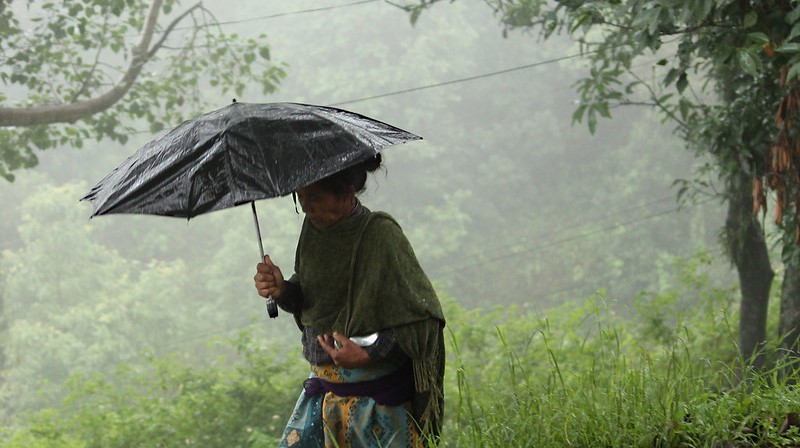Trump’s unconventional political performance has grasped the attention of the global media leaving many baffled by what his popularity means for politics today, and, could mean for the international community tomorrow. Lloyd Gruber and Rajesh Venugopal, both lecturers in the department of International Development, write about an election campaign that has left people more on the edge of their seats then a Hollywood blockbuster.
Dr Rajesh Venugopal for The Wire, India
Dr. Strange-Trump or: How We Should Stop Worrying and Learn to Appreciate the Donald
Now that the imminent danger of victory is not so imminent, perhaps we can look beyond the fear and outrage to reflect on the legacy that the Trump candidacy leaves behind.
Let us for a minute leave aside the alarm, anger and anxiety about Donald Trump’s bizarre presidential campaign. The Donald’s unutterable utterances, his repulsive personal conduct, his embodiment of a Batman villain, his extraordinary combination of arrogance and ignorance, and the persistent rumours that he is some kind of Manchurian candidate all make it horrifying to imagine that he will ever ascend to the most powerful office in the world.
But the reality is that his candidacy is doomed. Barring some devastating eleventh hour shock from Wikileaks, the odds that Trump will become the 45th president of the US are very low. And now that this imminent danger is not so imminent, perhaps we can look beyond the fear and outrage to reflect on the legacy that the Trump candidacy leaves behind… Continue reading the article
Lloyd Gruber for the LSE US Centre blog
How political scientists got Trump exactly wrong
One of the major casualties of the 2016 election season has been the reputation of political science, a discipline whose practitioners had largely dismissed Donald Trump’s chances of gaining the Republican nomination. Lloyd Gruber describes just how wrong political scientists were about Trump, and explains why they should have been able to predict his success. Looking ahead to the fall general election, he questions whether voters will want Trump’s trigger-happy fingers on America’s nuclear button and suggests the remoteness of a Trump presidency is what had made it safe for primary voters to support him.
As a political scientist, I feel I owe you an apology. To say my discipline has been behind the curve this electoral season would be putting it too charitably. We haven’t missed one curve yet. We’re speeding through all of them – backwards. At the beginning of this year’s US presidential campaign we confidently assured you that the Trump phenomenon wouldn’t last, that the Republican base was just having a little summer fling. We told you we knew how presidential primaries worked. We’d studied them for years, knew the incentives, the structural dynamics, the statistical patterns. Been there, analysed that… Continue reading the article
Both articles were written for other blogs outside of the department of International Development and do not reflect the position of the department or of LSE.





